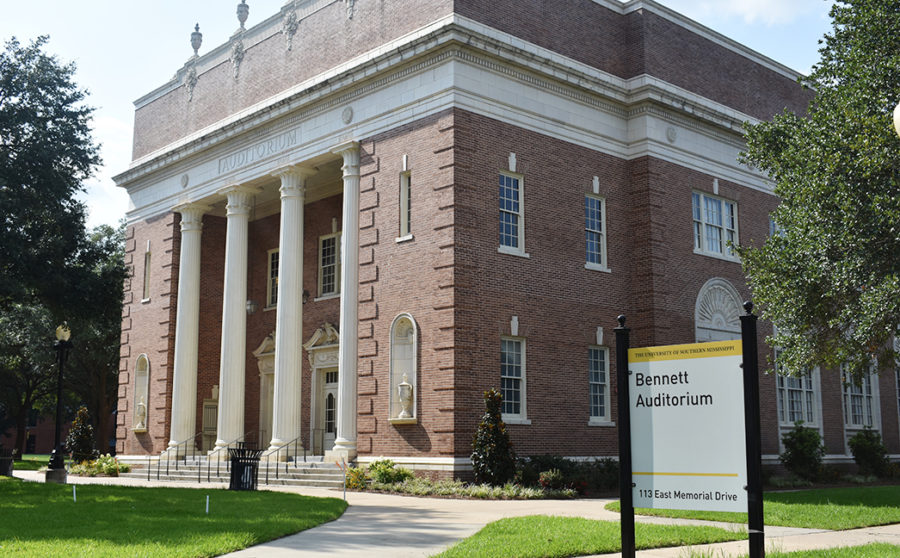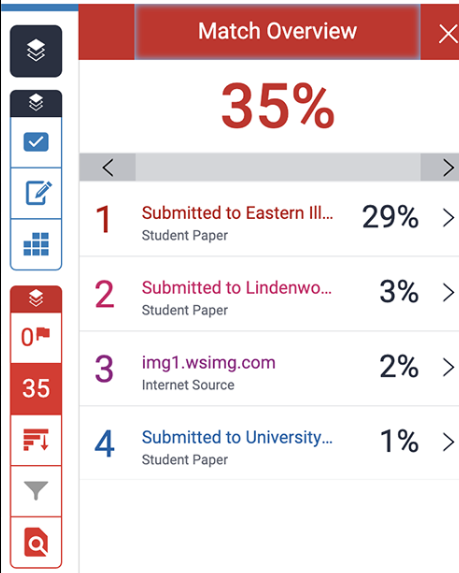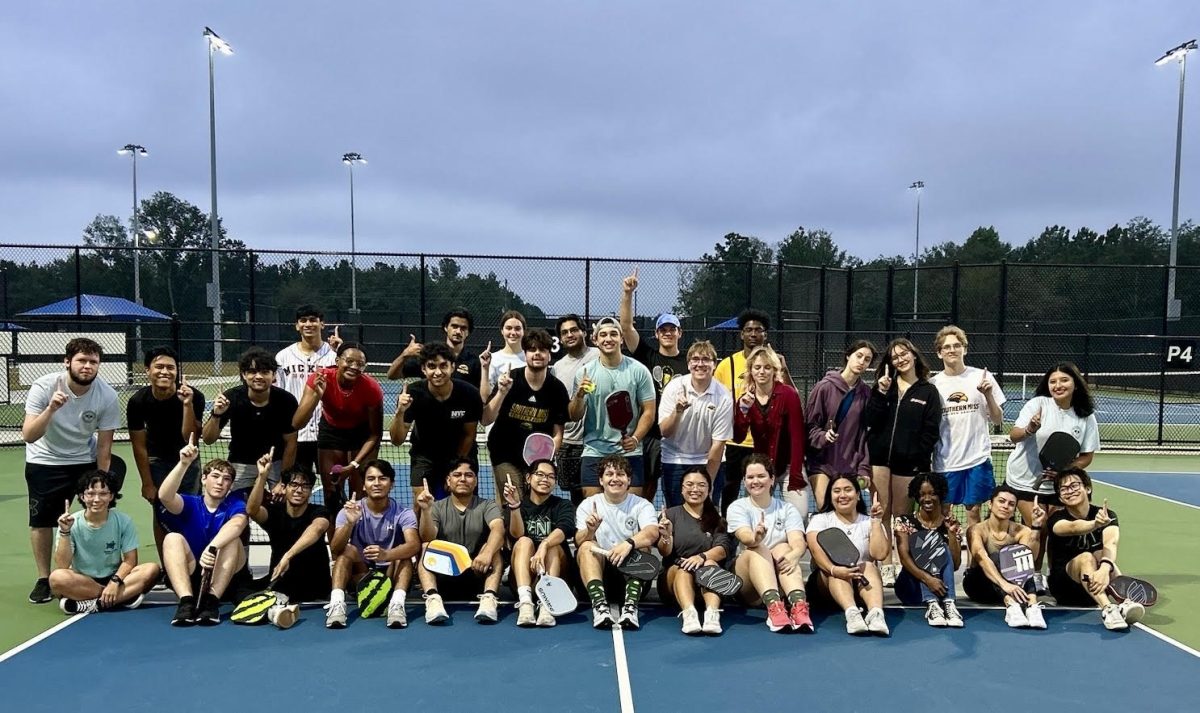HelioCampus, a higher education analysis company, will use Southern Miss data to predict student success to support the university’s Plan for Academic Reorganization: Vision 2020. Provost and Senior Vice President for Academic Affairs Steven Moser, Ph.D., announced the partnership at the Academic Affairs Convocation on Thursday, Aug. 23.
HelioCampus currently serves as an institution-wide analytics platform for 16 colleges and universities that aim to increase enrollment, improve graduation rates, ensure financial sustainability and increase the number of available scholarships.
Moser said HelioCampus will allow for administrators at Southern Miss to make sustainable, data-informed decisions that align with Vision 2020’s objectives, which include providing the ability to develop an enrollment forecast model based on distinct populations of students with unique attributes and needs and supporting institution-wide initiatives that require transparency.
“By focusing on yield and retention modeling, price sensitivity, contribution margin analysis, financial aid optimization and other analyses, we will develop a plan that directly supports Vision 2020, and is both data-informed and quantifiable,” Moser said.
CEO of HelioCampus and former vice president for analytics at the University of Maryland University College Darren Catalano delivered the keynote speech.
Citing the growing pessimistic attitudes of undergraduates towards the financial investment of earning a Bachelor’s degree, an increase in first generation and low-income college students and more high school graduates heading straight to work, CEO of HelioCampus Darren Catalano said, “Higher education is headed for a supply and demand crisis.”
Southern Miss sociology professor Karen Phelan Kozlowski, Ph.D., specializes in sociology of education and researches how socioeconomic status and race can affect students’ educational experiences and outcomes.
Kozlowski expects for HelioCampus to find data that resembles her own personal experiences with Southern Miss students over the last three years.
“What I see here at USM are students who are inspired to earn their college degrees, who want to make their families proud, and who want to provide a better life for themselves and their families through a higher paying, college-degree-requiring job,” Kozlowski said. “But I also see some of those same students sometimes struggle to navigate the complex university system, who struggle to keep up with the demands of their coursework because they have been less trained in the skills required for academic success and because they have competing demands on their time, who may find themselves a little socially uncomfortable in the university environment, and who ultimately might not feel like USM is ‘right’ for them in the end.”
According to the Office of Institutional Research, the retention rate for first-time freshman during the fall 2017 semester was 71.5 percent. For Kozlowski, that number could be improved.
“We’ve got to do something to mitigate the discomfort and demands on our lower-social economic status students in particular so that we can usher them through their collegiate career in a supportive but challenging and rigorous way. I don’t yet have all the answers, but as a faculty member I am making a concerted effort to try,” Kozlowski said.
Moser said all faculty and staff will have access to HelioCampus’ data to guide decisions made in programming, but that the data will not be an advising tool, adding that students and parents can visit the Student Success section of the Southern Miss website for additional resources.
However, Kozlowski said that students and parents may not take advantage of these programs because of financial instability and academic-related anxiety.
“Parents from lower social classes tend to be less familiar with how college works because they might not have gone to college themselves, and they tend to submit to authority because that’s what they have been socialized to do in their professional lives. This means that students from less affluent families are going to be uncomfortable engaging with authority figures like faculty or administrators,”Kozlowski said.
University officials have been working towards academic reorganization since 2016.
“This past year has certainly been a year of change, but I’m confident that we have emerged stronger under the new academic reorganization model that became effective on the first day of July,” Southern Miss President Rodney Bennett said.































